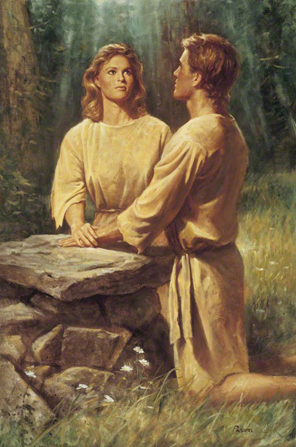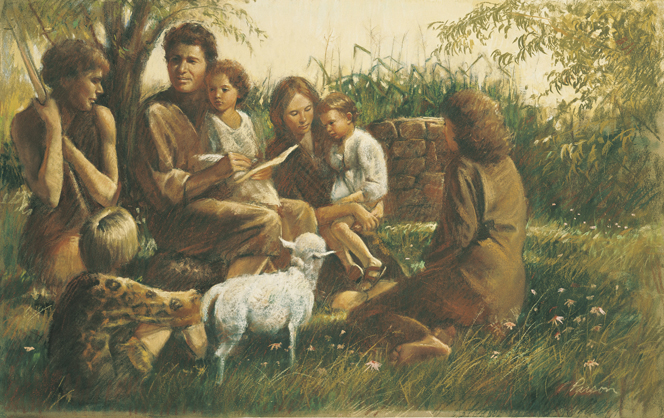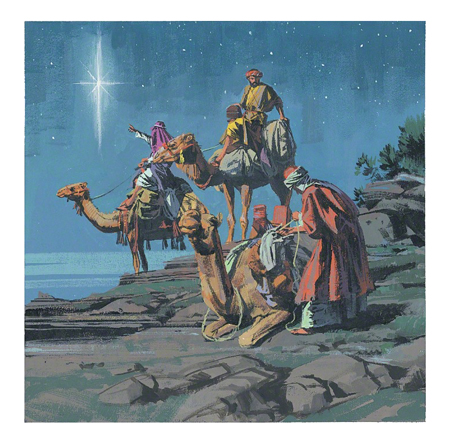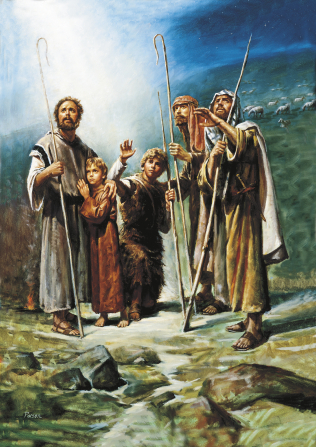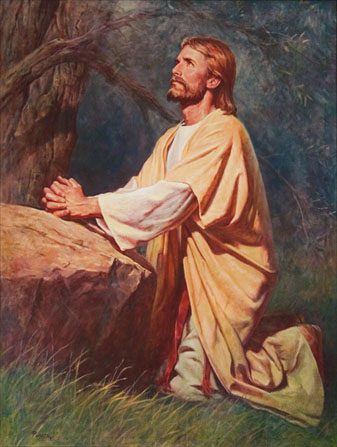Other adornments that are incorporated in the Christmas tree have also its symbolism. The lights, the star, the wrapped gifts, the balls, the coloured green and the red decorations and several other ornaments have their own representations of things associated with the birth of the Savior.
However, according to William V. Rauscher, “Actually, the tree is a reinterpretation of pagan rites, along with the use of other greens and decorations to commemorate in ancient times a celebration of the feast of Saturnalia – the birth of the Sun in the sky at the Winter Solstice. Along with the giving of gifts, the feast was later Christianized with the selection of December 25th to announce the birth of the Son of God to the world” (The Meaning Of A Christmas Tree, http://www.mysticlightpress.com/index.php?page_id=123).
Whatever the symbolism, meaning and historical background of the use of Christmas tree and its adornments do not have any relation to our family’s celebrating the joyous season without it. As a matter of fact, during the last 38 years of our family life the Christmas tree has always been a part of our Christmas celebration. But circumstances seemed to degenerate into the lonely highway of distress and priorities have to be adjusted. The absence of a Christmas tree and its accompanying decorations at this joyful season does not in any way affect the spiritual substance and meaningful orientation of our family’s Christmas celebration. More than the meaningful Christmas tree, there is in the center of our hearts the true and real spirit of Christmas, which is Jesus Christ.
Jan U. Pinborough explained, “Christmas is a time of contrast, even contradictions. It is a season of joy to the world, but sadness in it; goodwill toward men, but not enough to fill the most basic needs of people who are homeless or friendless or abused. Against the backdrop of seasonal good cheer, the sorrows, poverty, and violence in our world stand out in especially bold relief.
"At this time of year, all of us have probably been tempted to say to an unhappy child—and perhaps to ourselves—“Oh, don’t be sad. It’s Christmas!” But the child knows, until he or she learns to pretend otherwise, that sadness does not vanish when we decorate the house. Nor is Christmas a time for brushing all the darkness in our lives under the rug, pretending for a season that it doesn’t exist. For Christ and His gospel do not intend to merely hide the darkness but to banish it forever. Thus, Christmas is not an anesthetic for our sorrows and ills but a celebration of the only antidote, the very cure." (Jan U. Pinborough, http://www.lds.org/ensign/print/1992/12/symbols-of-reconciliation).
The excessive commercialization and marketing; the very expensive prettification of our Christmas trees outside parks and in our homes; the gorgeous and exquisite decorations in large and spacious buildings; the grand and majestic festivities and fireworks presentations and displays, do not in any way enhance nor diminish the heart and spirit of the Christmas celebrations neither do they affect the eternal verity of the Atonement which is the true essence of Christmas. The Atonement is the best gift ever that we are to receive this Christmas season from the celebrant Himself, even Jesus Christ. Whether in abundance or in poverty such gift of the Atonement and the giver of the infinite gift should be as ever at the center of our Christmas celebrations and be the profound and overpowering subject and focus of our heartfelt, deep and abiding gratitude.
I am sure it does not matter to Him whether our home is bereft of any symbol of His birth. I believe that what he wants from us as a gift for Christmas is a securely wrapped “sacrifice” of “a broken heart and contrite spirit” (3 Nephi 9:20), tied with faith in His redeeming love and a willingness to do anything and everything that He commands.
Yes, this is the first time thus far that we do not decorate our home with a Christmas tree and other symbolic decorations. But I am full of joy and heartfelt gratitude that at home this Christmas we have once again formed our family tree---with four branches except one who is too far from home, and all seven and one grafted twigs reunited with a binding love to celebrate the joyful season. Trials,challenges, adversities, weaknesses, fears, inconveniences, afflictions, depressions and despairs decorate the tree. However, the promise of redemption from death, from all ills of life, and from all cares and sorrows brought about by the Saviour’s birth on that first Christmas morn provides eventual relief and an everlasting light of hope that illuminates the way to eternal joy.
No matter our circumstances, I believe we have every reason to rejoice on this season of cheer, for the real and enduring symbol of Christmas is best reflected and demonstrated daily in our way of life fittingly in accord with our divine exemplar---Jesus the Christ.











